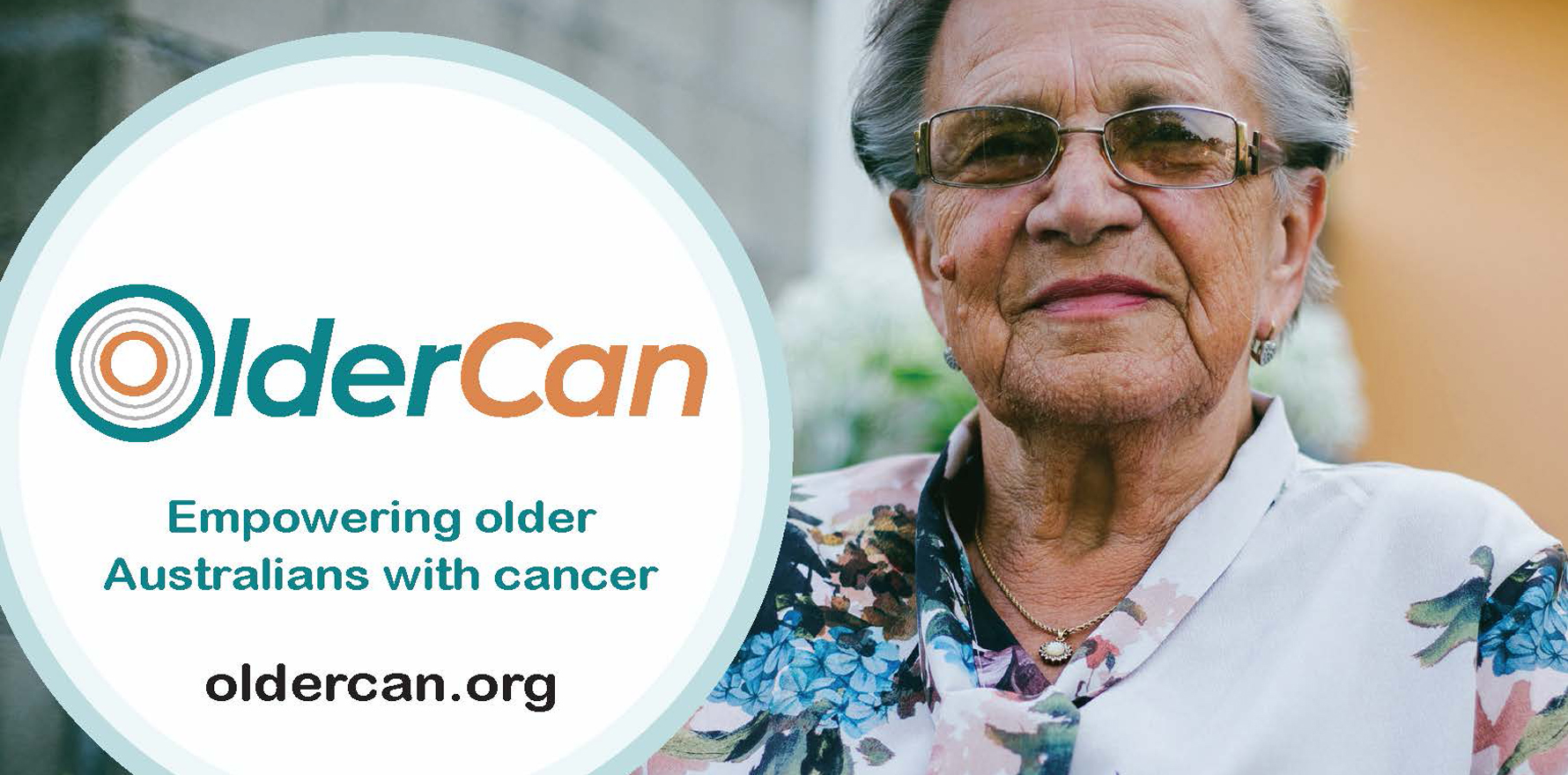A new resource is helping older Australians discuss their needs in cancer treatment and care.
Navigating a cancer diagnosis and treatment decisions is challenging at any stage of life, but it can be particularly so for older adults.
A research-based resource has been launched to empower older Australians living with cancer to discuss and prioritise their needs when making decisions about treatment and care.
One in two older Australians have cancer by the time they are 85, yet research shows they have less access than younger people to acute treatments, information on side effects, and opportunities to take part in clinical trials.
The OlderCan resource was co-designed with and for older Australians affected by a diagnosis of cancer. Focus groups explored the experiences of being an older adult with cancer and the findings were then prioritised by older consumers, and developed for inclusion in the resource.
People respond differently and uniquely to a cancer diagnosis. Some people want to try all treatments available, and others may not want treatment that affects their quality of life. Whatever a persons’ preference, they need to feel empowered to have open and honest conversations with their cancer teams to facilitate tailored decision-making.
OlderCan includes information and templates to help older adults share important information about their health, values, needs and preferences with their cancer team, GP and family.
Individuals can use the ‘This is me’ self-report form – developed and endorsed by consumer partners in the study – to start discussions with their cancer team about their physical, emotional and social needs, and their preferences for quality of life.
The OlderCan resource will enable older patients to be involved in care and treatment choices, aligning their cancer experience with individuals’ preferences and goals.
Cancer treatments often have side effects that can have an impact on quality of life. Understanding what is important to patients can initiate discussions on how these side effects may affect them, and whether acute treatment is the best option
Older people have told us about the importance of linking to the right GP to meet their needs, and so there is guidance about this in OlderCan, as well as support for those who are older carers.
Marilyn Dolling, a 78-year-old bowel cancer patient, used her experience as a patient and carer to inform the development of OlderCan. She also helps her older peers learn to use the relevant technology.
“OlderCan provides people over 65 years old with resources to share what is important to us with our cancer teams, so that the care we receive can help us to achieve our plans and dreams,” she says.
The ‘This is Me’ self-report tool is designed to be printed for those without computers.
Postcards alerting people to the resources will be available in medical waiting rooms and cancer centres. Postcards can be requested via the website.
Catherine Devereux is a research project manager at the Peter Mac and University of Melbourne centres for cancer research. Professor Mei Krishnasamy is the director of academic nursing and Peter Mac chair in cancer nursing at the University of Melbourne Centre for Cancer Research



